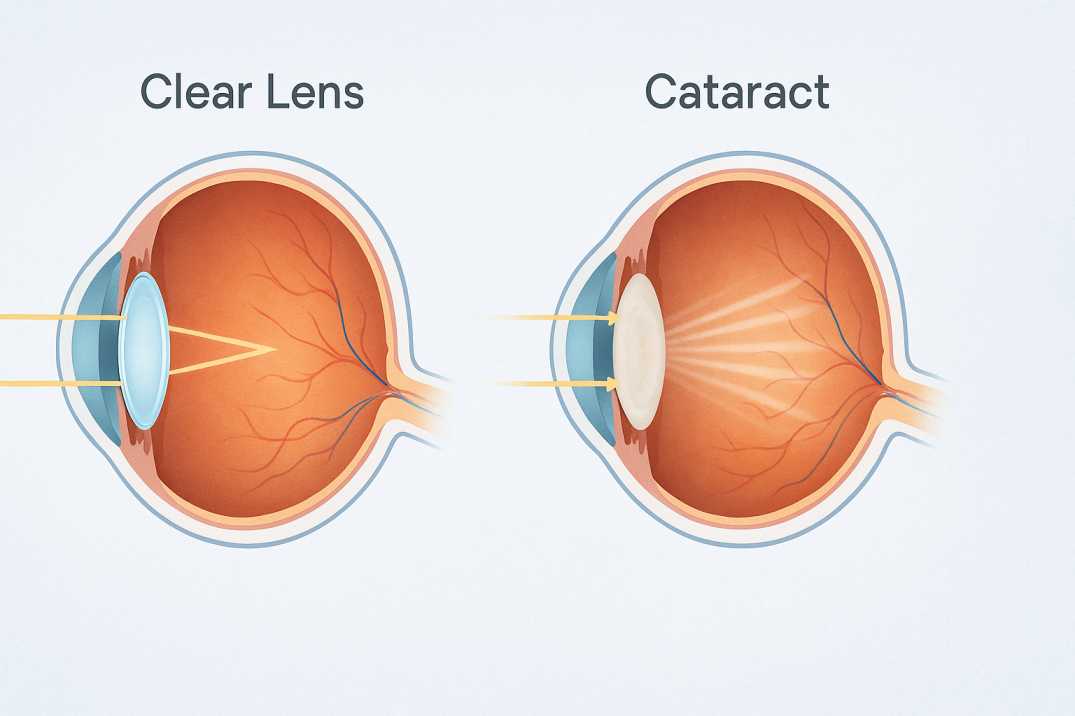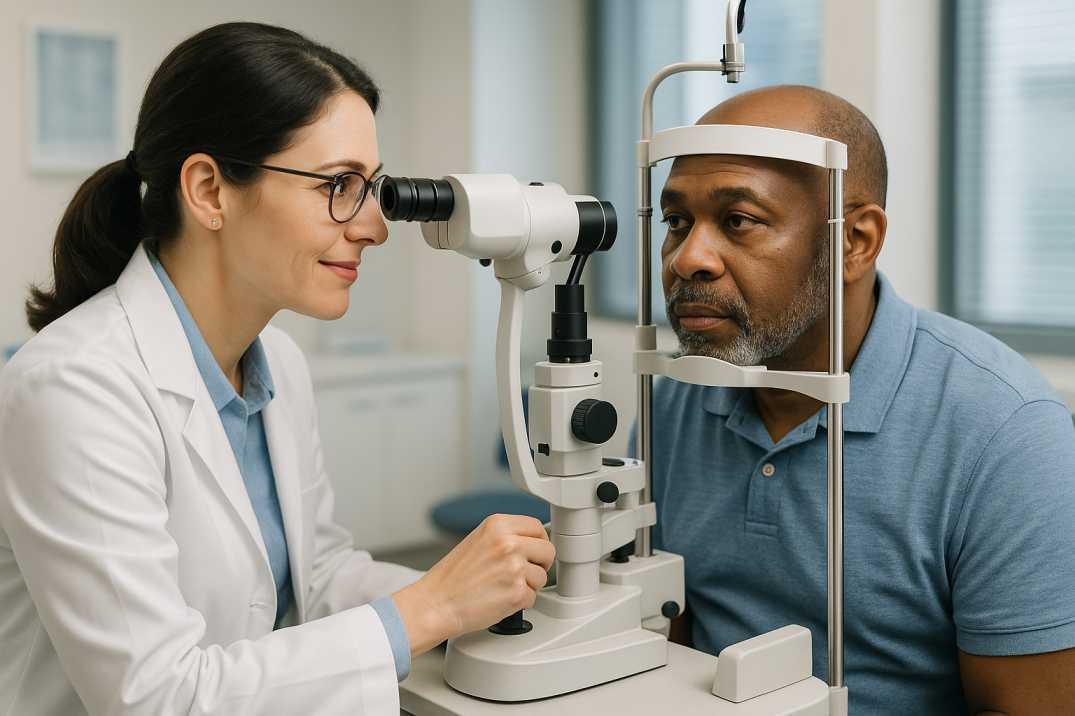Post-Concussion Help Near You | Cannon EyeCare
Post-Concussion Syndrome (PCS) brings a cascade of uncertainties—from debilitating headaches and dizziness to concerns about long-term disability, recovery timelines, and care for vulnerable populations like infants. At Cannon EyeCare in Seattle, WA, our team specializes in vision and neuro-optometry care, offering tailored solutions for PCS patients grounded in the latest research and clinical best practices.
In this Q&A, we address your critical questions: “How long does PCS last? Can concussions cause breathing issues or personality changes? When is it safe to drive or drink after a head injury?” We also explore the role of neurologists, pediatric concussion signs (e.g., vomiting in babies), and strategies to mitigate long-term risks.
As a trusted resource for Seattle families, Cannon EyeCare bridges the gap between acute concussion management and holistic recovery, emphasizing collaboration with concussion specialists and evidence-based protocols. Let’s clarify the path forward—with answers rooted in science, compassion, and real-world expertise.
Prevention Tips: How to Reduce Risks of Post-Concussion Syndrome
While no concussion is entirely preventable, these 5 evidence-backed strategies can lower your risk of prolonged symptoms or complications:
-
Wear Protective Gear: Use helmets during sports, biking, or high-risk work (e.g., construction). Seattle’s rainy sidewalks increase slip risks—opt for non-slip footwear.
-
Follow Return-to-Play Protocols: Athletes should never resume activity until cleared by a concussion specialist near Seattle. “Shaking it off” worsens brain trauma.
-
Prioritize Rest: Avoid screens, bright lights, and mental strain for 24–48 hours post-injury. Sleep in a dark, quiet room to accelerate healing.
-
Track Symptoms: Use journals or apps to log headaches, dizziness, or vision changes. Early detection of worsening signs prevents long-term PCS.
-
Strengthen Neck Muscles: Weak neck muscles increase concussion severity. Simple exercises (e.g., chin tucks) improve stability—ask Cannon EyeCare’s team for tailored advice.
The Role of Vision Care in PCS Recovery
Over 60% of concussion patients experience vision disruptions like blurred sight, light sensitivity, or difficulty focusing. At Cannon EyeCare in Seattle, WA, our neuro-optometry specialists address these issues with:
-
Vision Therapy: Custom exercises to retrain eye-brain coordination (e.g., tracking moving objects, reducing double vision).
-
Prism Lenses: Specialized glasses that alleviate dizziness or spatial disorientation during recovery.
-
Light Sensitivity Management: Blue-light filters, tinted lenses, and ambient lighting adjustments for screen-heavy Seattle lifestyles.
Why It Matters: Untreated vision problems prolong PCS recovery and mimic “brain fog.” Our clinic collaborates with local neurologists to ensure holistic care—because clear vision is foundational to rebuilding cognitive function.
FAQs
-
A neurologist diagnoses and manages post-concussion syndrome (PCS) through brain imaging, symptom tracking, and personalized treatment plans. They may prescribe medications for headaches, recommend cognitive therapy for memory issues, or coordinate with vision specialists (like Cannon EyeCare in Seattle, WA) for light sensitivity or blurred vision.
In Conclusion, Post-Concussion Syndrome is a complex, often misunderstood condition, but recovery is possible with the right knowledge and care. From understanding disability qualifications to recognizing pediatric symptoms (like vomiting in babies), proactive steps empower you to reclaim your health.
For Seattle residents, integrating neurologist-guided care with specialized vision therapy (like the services at Cannon EyeCare) offers the best path forward. Whether you’re struggling with light sensitivity, personality changes, or uncertainty about long-term risks, remember: early intervention is key.



